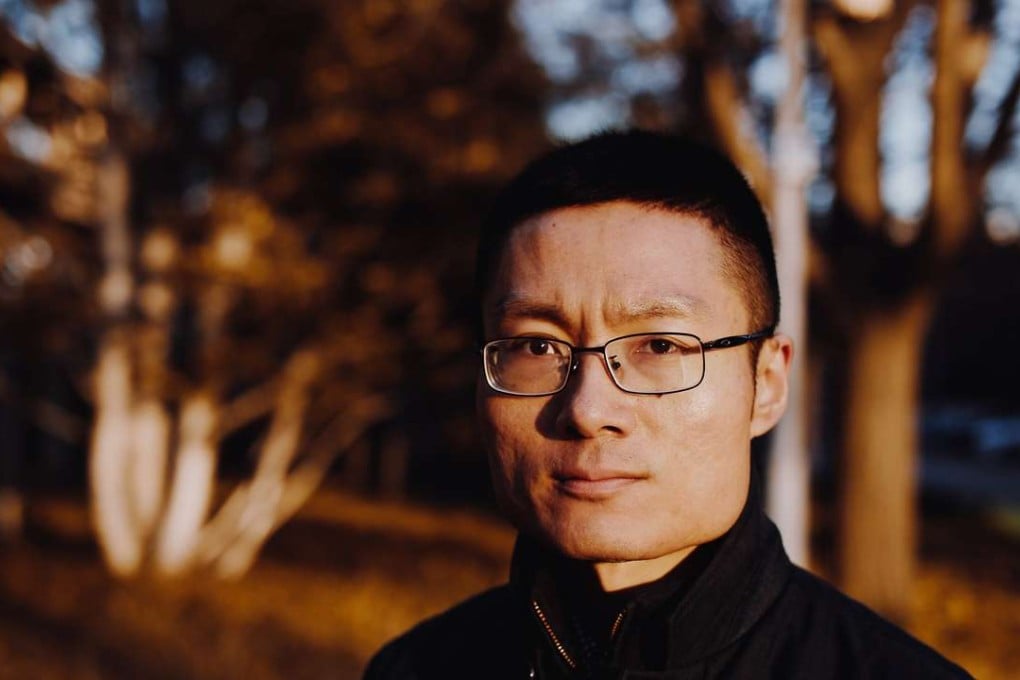Getting the green message across in a hostile environment
Ma Tianjie is the Beijing managing editor of China Dialogue, a non-profit organisation working to raise awareness of environmental issues through its website

Beijing and northern China are again facing severe smog this winter – raising questions about how to best protect and improve the environment. MA TIANJIE, Beijing managing editor of China Dialogue, a non-profit organisation specialising in raising awareness of environmental issues through its website, talks to WEI QI about his work.
What is the main role for China Dialogue?
I worked for many years at the environmental NGO Greenpeace. I moved on to join China Dialogue, which is a non-profit organisation that specialises in raising awareness of environmental issues on the mainland and promoting a greener lifestyles through its website. The main part of my job is taking charge of editorial content. I oversee what’s happening in the world of environmental protection in China, then I discuss with my team what stories we should be covering.
Do you write articles yourself?
Yes, I do, although the majority of articles published are written by my team. China Dialogue focuses on China’s environment in the long term. We like to do stories which are different from reports done by foreign media. We don’t just look at the stories from a foreigner’s perspective. We are Chinese and I want to dig out new stories from the angle of a long-term observation of China’s environmental issues and then introduce them to readers overseas.
Why are you interested in environmental protection?
My entire career has been focused on environmental issues. I joined a students’ group in my university years. It was dominated by students from the philosophy faculty and they had a lot of really interesting discussions – for instance, the relationship between humans, or man’s relationship with the environment. I was exposed to a lot of topics related to the environment. In 2003, the then executive director of Greenpeace Dr Gerd Leipold came to the Peking University and delivered a keynote speech. He talked a lot about all the different projects Greenpeace was working on around the world. One issue really touched me: the electronic waste in Guiyu in Guizhou province. As a university student, I suddenly realised that there was a huge number of social implications in environmental issues, such as conflicts of interest, even on a state-to-state level. I was quite determined from then on to do something in this field after graduating.

Does a career in environmental protection also involves a lot of geopolitics and international relations?
I think environmental protection has a lot of to do with the development of our society as well as the balance of interests among different nations. I think it’s a really good career for young people. If you are really serious about tackling environmental issues, you really need to see what’s behind them. You need to work out how to use your own interventions to change the structure and balance of different interest groups. For example, the longest project I did for Greenpeace was about water pollution in the textile industry in China. It involved responsibility for the entire industrial supply chain. If I discovered that a factory that did contract manufacturing for a famous international clothing brand had been polluting the water in the area, what could I do to change that? Should I mobilise the factory’s customers or the brand’s consumers? The government? Or exert international pressure? It really needed careful planning to pin down the issues before we tackled them.
What’s your biggest sense of satisfaction and achievement from your work?
My biggest sense of achievement is seeing changes and improvements brought about by my work, even just very small ones. I’m not just sitting here complaining about the weather and the smog. The water pollution project I just mentioned not only raised the issues of water and chemical pollution on the agendas of these huge international brands and made them commit to eliminate the pollution, we also helped set new rules for industrial standards. Some of the policies the Chinese government made subsequently also reflected some of the demands we asked for. You can see the work you do actually makes a difference. That’s very satisfying.
What are the biggest challenges faced in your field? What will you place as priorities?
I think the biggest challenge is still about our model of development. It’s not sustainable. The problems we have today, the smog, the water pollution, rubbish disposal, all suggest the entire model used to generate economic growth is so flawed. I think there is such a vast amount of work we need to do to change the situation.
You have been working in this field since your time at university, have you ever thought about changing your career direction?
I have been working on things that I’m interested in during my spare time. I have a blog called ‘Chuplic Opinion’. What I’m interested in doing now is to observe and track the transformation of values and views of the public within Chinese society.
Coming from an NGO background, do you feel any changes in the way these organisations are allowed to operate in China?
I think the challenges are always there. On one hand, the rise of social media and new technologies have been really beneficial to get the participation of the public. An organisation can use just one app on smartphones to allow people to track sources of pollution, for instance. New technologies can better mobilise people and raise awareness. Then of course with the new law on NGOs put in place, it may restrain NGO’s development in China. It’s up to you and your organisation to increase the positivity and cap any disadvantages.
